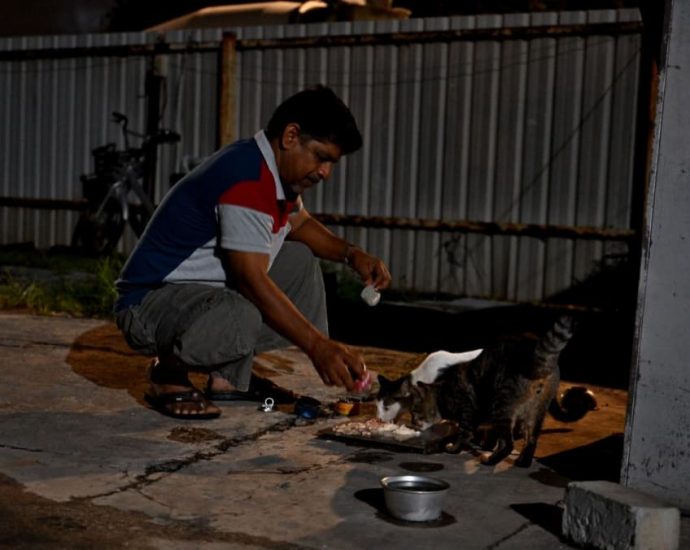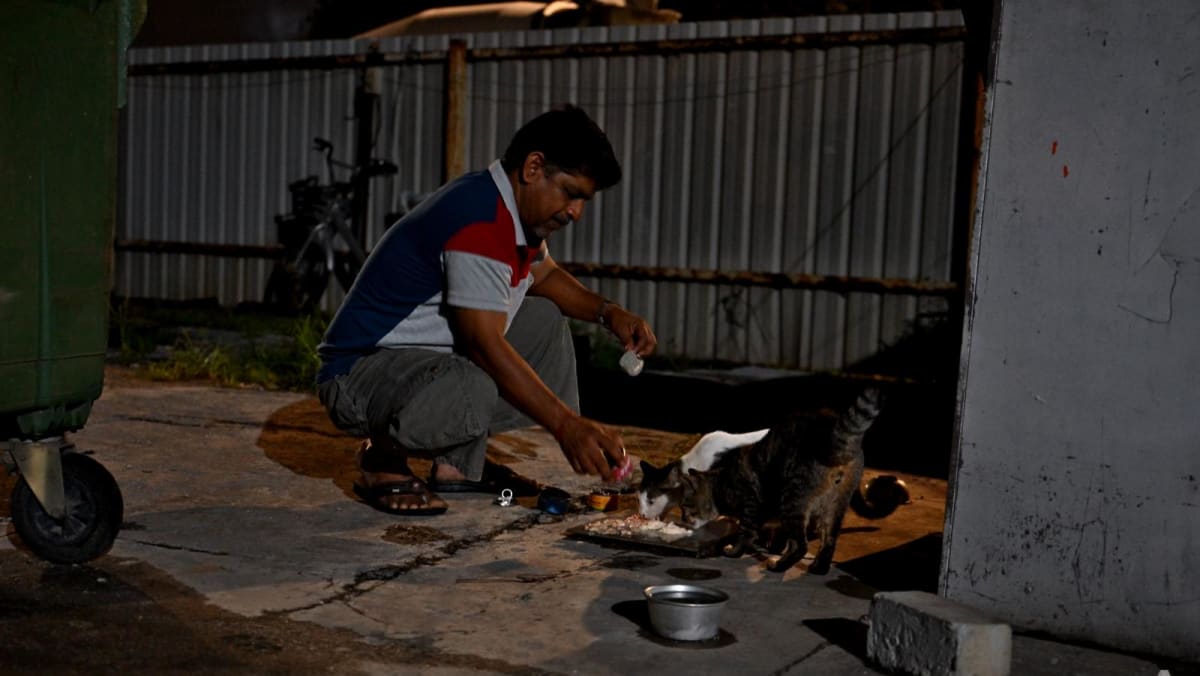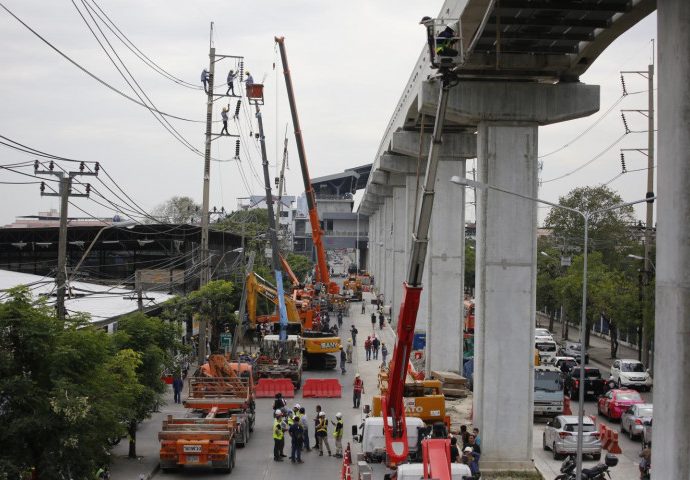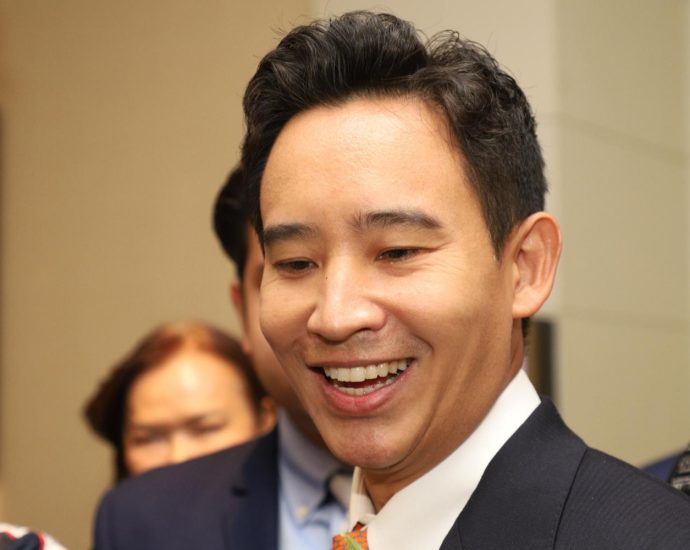Yala-Sungai Kolok rail track closed by flooding
PUBLISHED : 25 Dec 2023 at 10:29

The rail track between Yala and Sungai Kolok has been closed by heavy flooding between Tangyongmat and Pa Phai railway stations in Narathiwat’s Rangae district, the State Railway of Thailand announced on Monday.
The flooding caused track subsidence.
Local trains, a rapid train and an express train to Krungthep Apiwat (Bang Sue) station in Bangkok were unable to depart from Sungai Kolok station on Monday morning.
The SRT said the Yala-Sungai Kolok line will remain closed until the situation has improved and the track has been repaired.
Buses have been arranged to take passengers of both north-bound and south-bound rapid and express trains between Yala and Sungai Kolok.
All trains heading south to Sungai Kolok will stop at Yala station.















